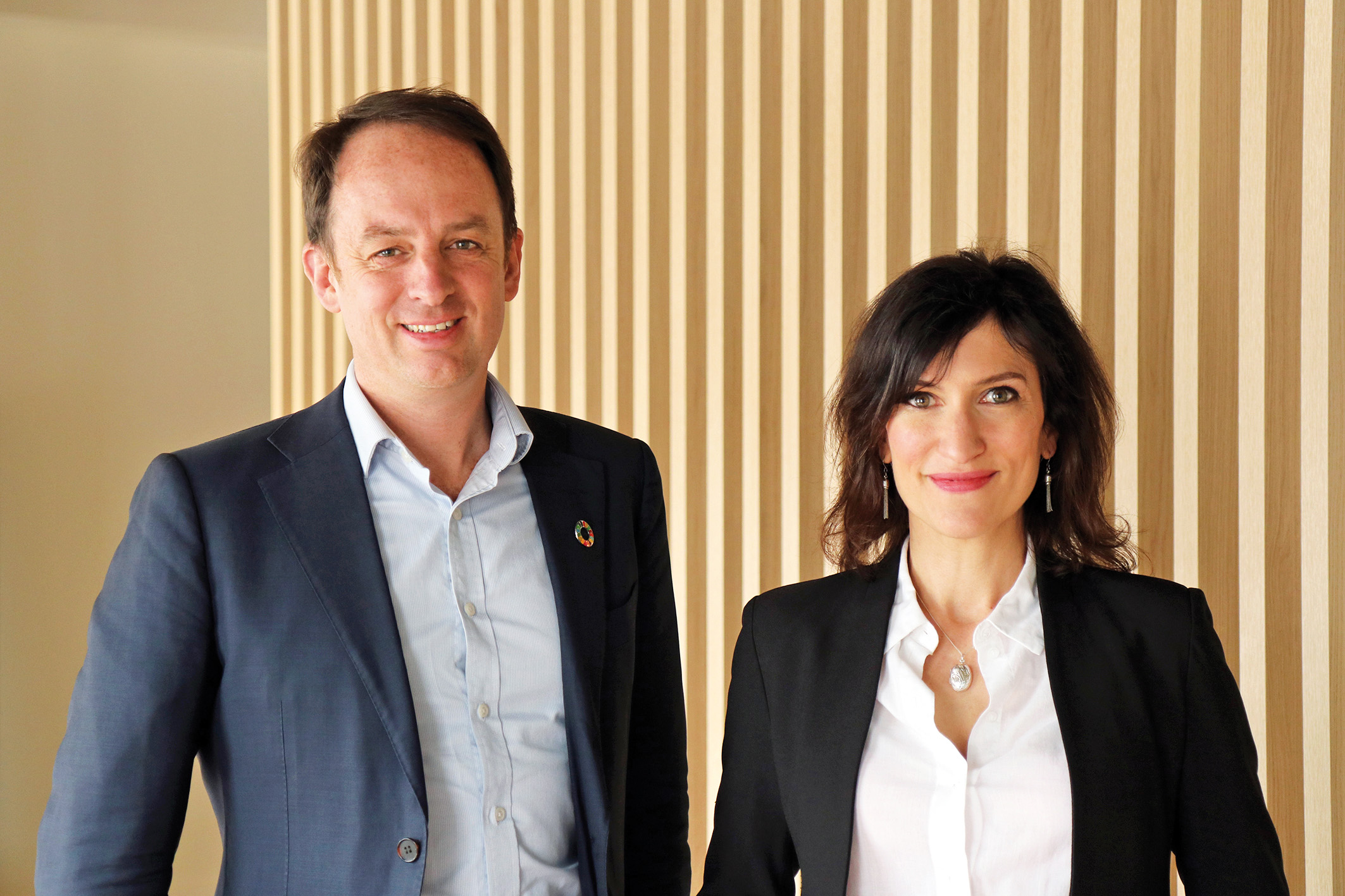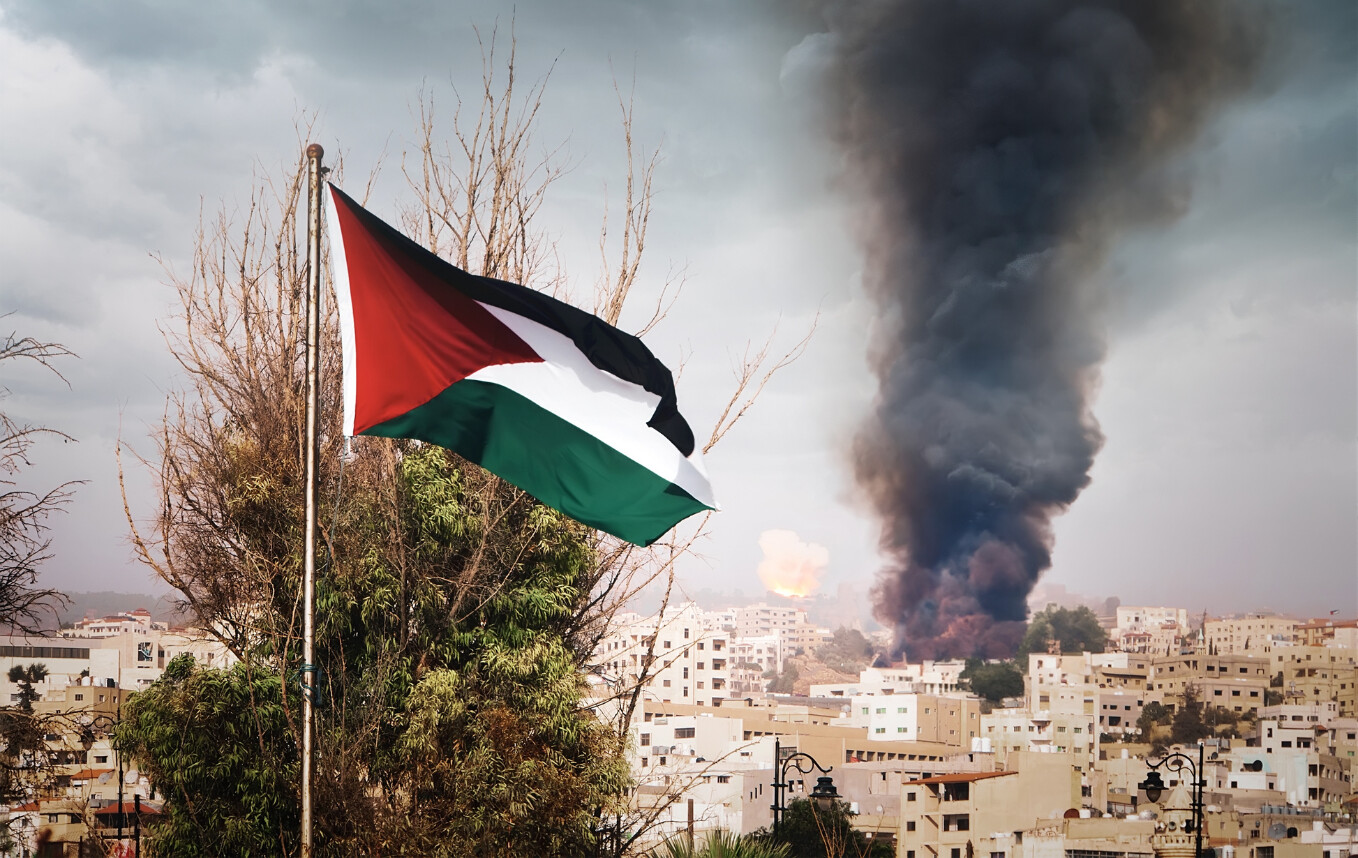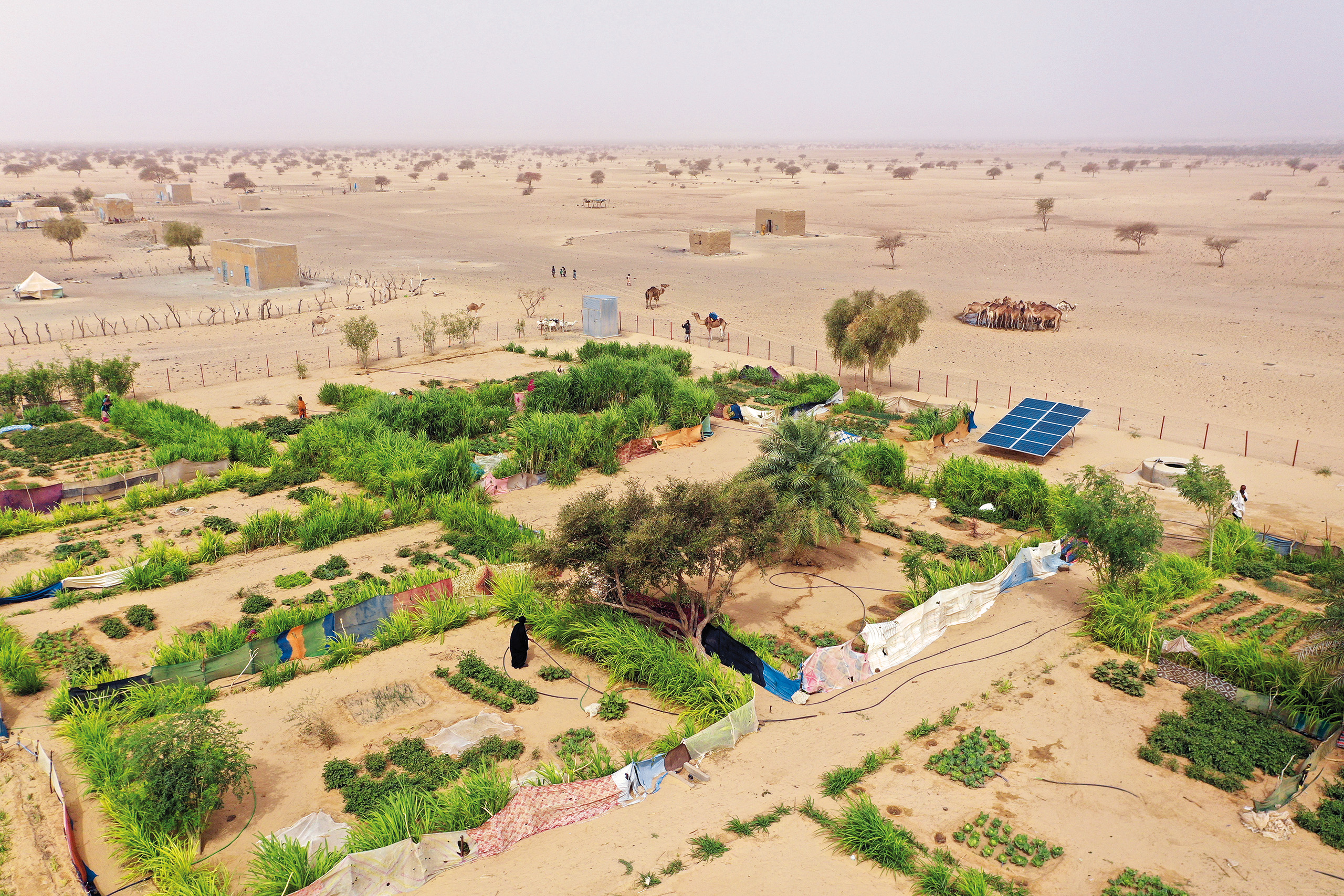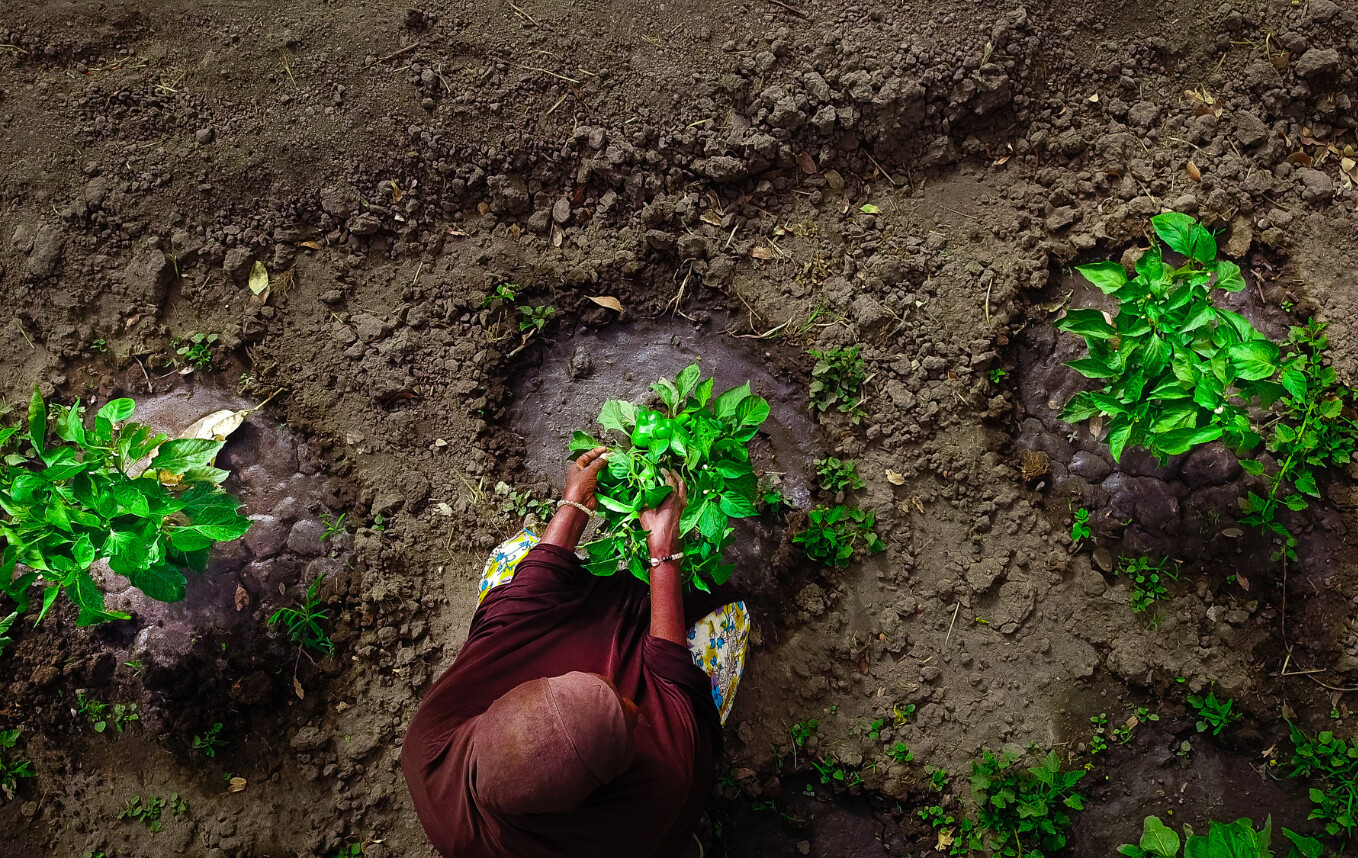The European Union needs to stay engaged in fragile contexts
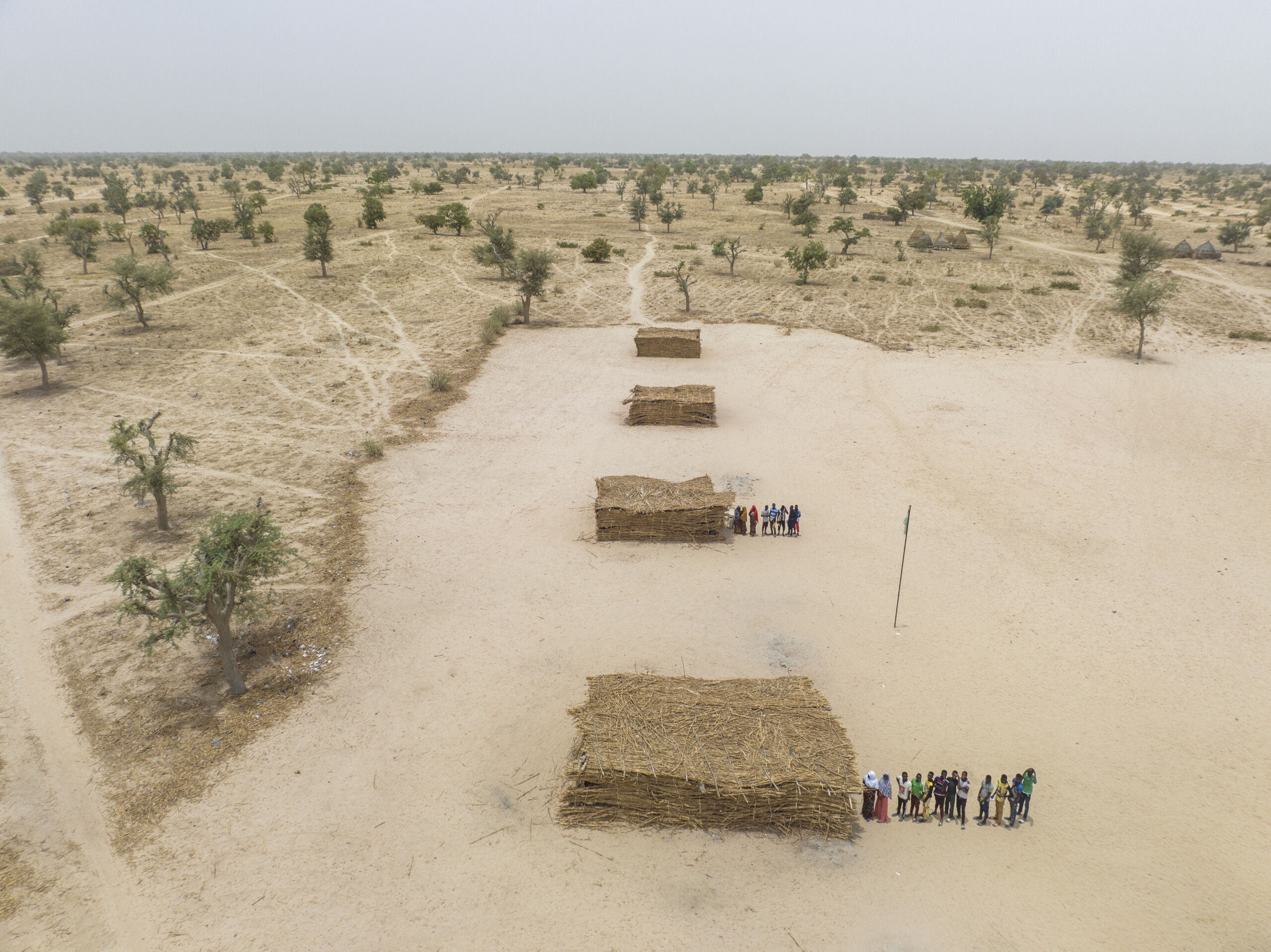
In a joint article, Jean Van Wetter, CEO of the Belgian development agency Enabel, and Thorsten Schäfer-Gümbel, Chair of the Board of GIZ, point out that international development organisations play an essential role in supporting fragile states.
In an interconnected, increasingly complex and fragile world, crisis, conflicts and wars quickly spill over. National or even continental borders become irrelevant. National solutions are no longer the answer to international challenges. The European Union has a special responsibility for its neighbouring continents and should play a leading role in international cooperation. International cooperation is indispensable in addressing the key challenges that humankind faces globally. Peace, poverty, stability and resilience are interconnected and should be dealt with in a comprehensive way.
In this regard, implementing organisations of international cooperation are essential in supporting fragile states and contributing to their stability. This work benefits both European citizens and all countries in need. In this interconnected and increasingly fragile world we cannot exclude countries and regions outside Europe. We will be affected by a further increase in global social, economic and ecological crises and protracted violent conflicts. Neglecting that kind of assistance in fragile contexts is most likely to result in missed opportunities to reap the benefits of greater stability and peace.
International development organizations work on a wide range of topics, including those that will be at the heart of EU policy discussions, such as migration, security, energy and environmental transition. Trying to achieve results on migration or security, for example, without addressing the dimensions and drivers of fragility, will not work. Worse, it would be counterproductive.
To maximize our impact for the benefit of our partners and EU citizens, we need to carefully design programmes that reduce poverty, build resilience to future crises and contribute to peace-building. 3/4 of the contexts in which the Belgian development agency Enabel works and 2/3 of those in which the German federal enterprise Deutsche Gesellschaft für Internationale Zusammenarbeit (GIZ) GmbH operates, are considered fragile. Over the last few years, we have built up considerable expertise in working in fragile contexts while also addressing drivers of fragility, ranging from crisis prevention to promoting social and economic justice and supporting resilience in the face of environmental crises. International cooperation organisations are strong partners in these complex contexts.
As we live in an increasingly fragile world, our European responsibility should lead us to remain alert and engaged, and to play a constructive role on the international stage and in multilateral fora, contributing to common and shared solutions in addressing fragility, as Team Europe. It is therefore crucial that the newly elected members of the European Parliament and the future European Commissioners continue to pay the necessary political attention to this issue. This political attention must be accompanied by adequate funding for action in fragile contexts. Funding that not only allows for immediate humanitarian aid or the (re-)construction of infrastructure. Funding also needs to support context- and conflict-sensitive preventive development measures to strengthen societal and governance-related structures and systems for a transition out of fragility. Sustainable peace needs international cooperation and it needs Europe’s attention today.
Thorsten Schäfer-Gümbel, Chair of the Management Board of the Deutsche Gesellschaft für Internationale Zusammenarbeit (GIZ) GmbH
Jean Van Wetter, CEO of Enabel

